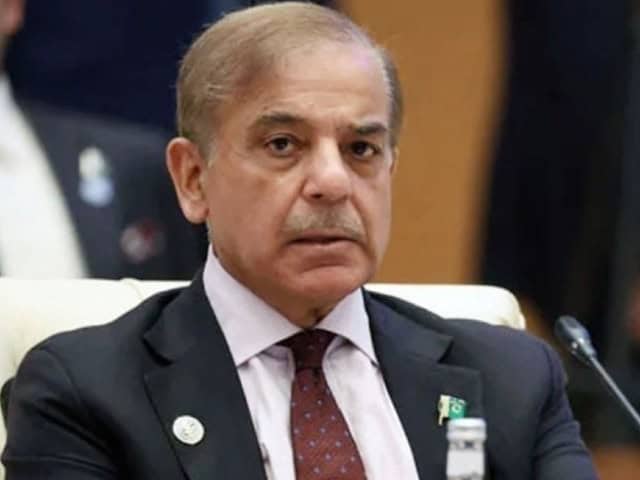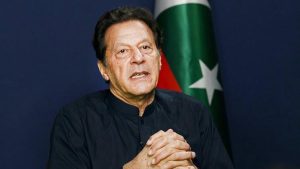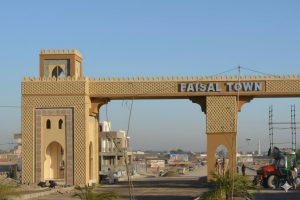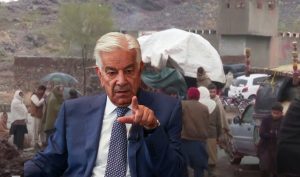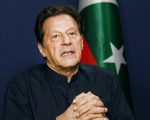Prime Minister Shahbaz Sharif has announced the abolition of five key ministries and departments as part of a significant government restructuring initiative. The Institutional Reforms Cell, established by the prime minister, has begun the process of “rightsizing” the government.
Sources indicate that recommendations have been requested from five federal ministries within a week. These ministries include Information Technology, Kashmir Affairs, Safeguard, Industries and Production, and Health Services.
PM Shahbaz has also directed the formation of a committee to clarify the roles of provincial ministries. This committee will include Finance Minister Muhammad Aurangzeb and Member of the National Assembly Bilal Azhar Kiani.
In a related development, the federal cabinet has formally approved the dissolution of the Ministry of Planning, Development, and Special Initiatives. The entire plan concerning this ministry has been sanctioned.
The prime minister has issued directives to provide immediate relief on electricity bills and to expedite the work on solar tube wells. During the cabinet meeting, approval was also granted to run advertisements for medicines on TV, radio, and in print media.
Earlier, the federal government further reduced the Public Sector Development Programme (PSDP) by Rs50 billion just 10 days into the new fiscal year 2024-25, as informed to the National Assembly Standing Committee on Planning Ministry on June 9.
The committee, chaired by Saeed Abdul Qadir Gilani, sought details of the revised PSDP and ongoing development projects. Planning Secretary Awais Manzur Sumra provided a briefing on the ministry’s operations.
Planning Minister Ahsan Iqbal, who was also present at the meeting, gave an overview of the country’s economic situation, describing it as dire. He stated that the country is heavily reliant on borrowing, including for salaries, pensions, and subsidies. “We have wasted 75 years going in circles,” he said, attributing the lack of policy continuity to political instability.
Iqbal emphasized that the country must now focus on managing its revenues and expenses, improving efficiency, and pursuing export-led growth. He warned that if Pakistan does not demonstrate efficiency in the next 25 years, it may lose the rationale for its existence as a separate nation.
Iqbal also noted that while Pakistan’s current exports are valued at $30 billion, the country faces a $75 billion debt repayment obligation over the next three years.

